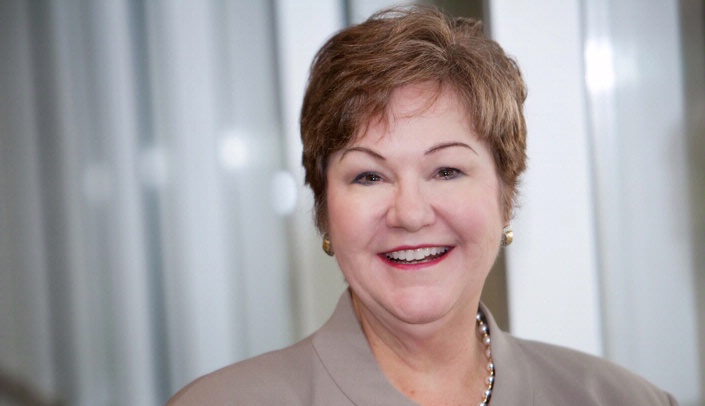The University of Nebraska Board of Regents Friday approved the creation of the Internationally Educated Nurses undergraduate certificate program at the UNMC College of Nursing.
The goal of the program is to prepare licensed registered nurses (RNs) from abroad and those who’ve emigrated to Nebraska to meet the requirements needed to enroll in the college’s nursing programs or to work in the state as registered nurses. It also is available to Nebraska nurses who want to reactivate their registered nursing licenses.
The program, possibly the only one of its kind at the university level in the U.S., will be delivered through the Omaha campus. Depending on demand, it may be expanded in the future to include the college’s other sites.
After students earn the certificate, they will be better prepared to apply for the exams necessary to make them eligible for RN licensure in Nebraska. Holding an active RN license in Nebraska is a prerequisite for applying to post-licensure programs the college offers.
“We’re delighted about this new opportunity to help students who are already nurses be successful in attaining the requirements they need to be able to apply to our programs,” said Juliann Sebastian, Ph.D., dean of the UNMC College of Nursing. “The program also will strengthen our partnerships abroad and our global diversity. This is important as we prepare our students to care for people in an increasingly global society.”
Dr. Sebastian said the program will not impact the number of Nebraska students admitted to the college’s other programs.
Recruiting international RNs has been difficult, said Louise Laframboise, Ph.D., associate professor and director of the UNMC College of Nursing baccalaureate nursing program.
Dr. Laframboise said in most states, in order to apply to get a registered nursing license, potential students face a myriad of requirements.
The UNMC program will consist of a minimum of 12 undergraduate credit hours of coursework, clinical simulation and hours in a clinical setting. Students will learn about the U.S. model of health care and learn English communication skills in a professional health care setting.
“This will pave the way for more international partnerships,” said Lynnette Leeseberg Stamler, Ph.D., professor and associate dean for academic programs at the UNMC College of Nursing. “The college currently has partnerships in a number of countries whose officials have expressed interest in enrolling nurses in advanced nursing education at UNMC.”
